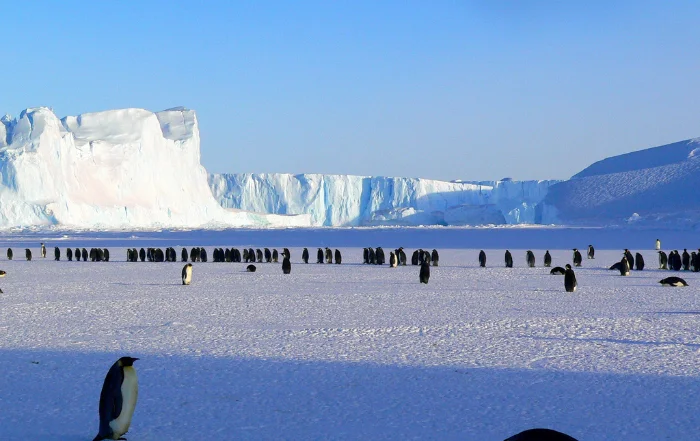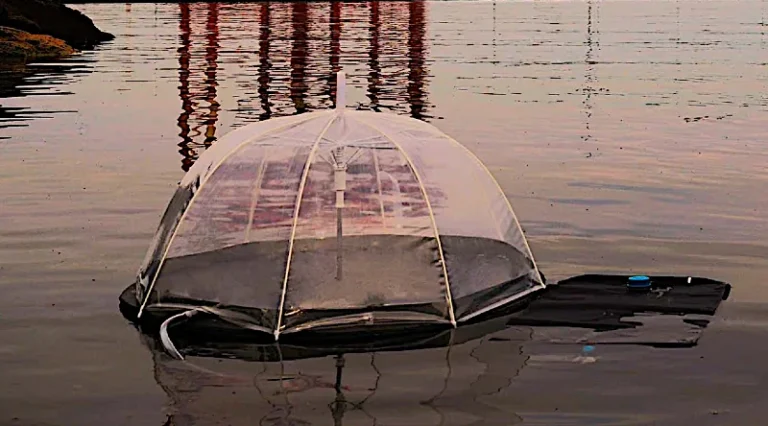Efforts to establish new marine protected areas (MPAs) in Antarctica have hit a roadblock as members of a multinational group on Antarctic conservation failed to reach an agreement.
The goal of creating three new marine reserves around Antarctica, a longstanding objective, remains elusive.
The resistance from Russia and China has hindered the progress towards safeguarding nearly four million square kilometers (1.5 million square miles) of ocean from human activities. These protected areas are crucial for countering climate change and preserving the delicate ecosystems of the Southern Ocean.
Protecting Fragile Ecosystems
The proposed marine reserves would encompass vital habitats for various marine species, including penguins, seals, toothfish, whales, and abundant krill populations—a key food source for many species.
By establishing these sanctuaries in East Antarctica, the Weddell Sea, and the Antarctic Peninsula, efforts to mitigate the impacts of climate change and protect vulnerable ocean ecosystems would be strengthened.
A History of Obstruction
Despite previous attempts by Australia, France, and the European Union in 2010, the expansion of marine reserves has faced consistent opposition from Russia and China. Even after the proposal was scaled down in 2017 to gain wider support, these two nations continued to block the initiative.
The lack of progress at the recent meeting of the Commission for the Conservation of Antarctic Marine Living Resources (CCAMLR) has left conservation activists disappointed, as this issue has persisted for years.
The Urgent Need for Protection
Antarctica is particularly susceptible to the effects of global warming. The melting of major glaciers in western Antarctica, which contain enough water to raise global sea levels significantly, is deemed irreversible.
More To Discover
- Antarctica’s Ice Melt Matters: A Disappearing Act with Global Consequences
- China’s Massive Trawler and Fishing Fleet Is Causing Devastation In And Out of The Ocean and No One Will Stop Them
- Philippines Accuses Chinese Fishers of Cyanide Pollution in Disputed Waters
- Bottom Trawling Unleashes 370 Million Tons of Hidden Carbon Emissions, Study Reveals
Climate change has led to a significant decrease in sea ice, threatening the delicate life cycle of Antarctic krill.
Establishing marine protected areas is crucial not only for preserving biodiversity, but also for relieving the stress caused by fishing activities in these vulnerable regions.
Looking Ahead
The CCAMLR, comprised of 26 member countries plus the European Union, regulates fisheries and plays a vital role in Antarctic conservation. Despite the setback, the topic of marine reserves will be revisited at the upcoming meeting in October, which will take place in Hobart, Australia.
Continued dialogue and cooperation among member nations will be essential in finding a path forward to establish effective marine protected areas that can safeguard the precious ecosystems of Antarctica for generations to come.















